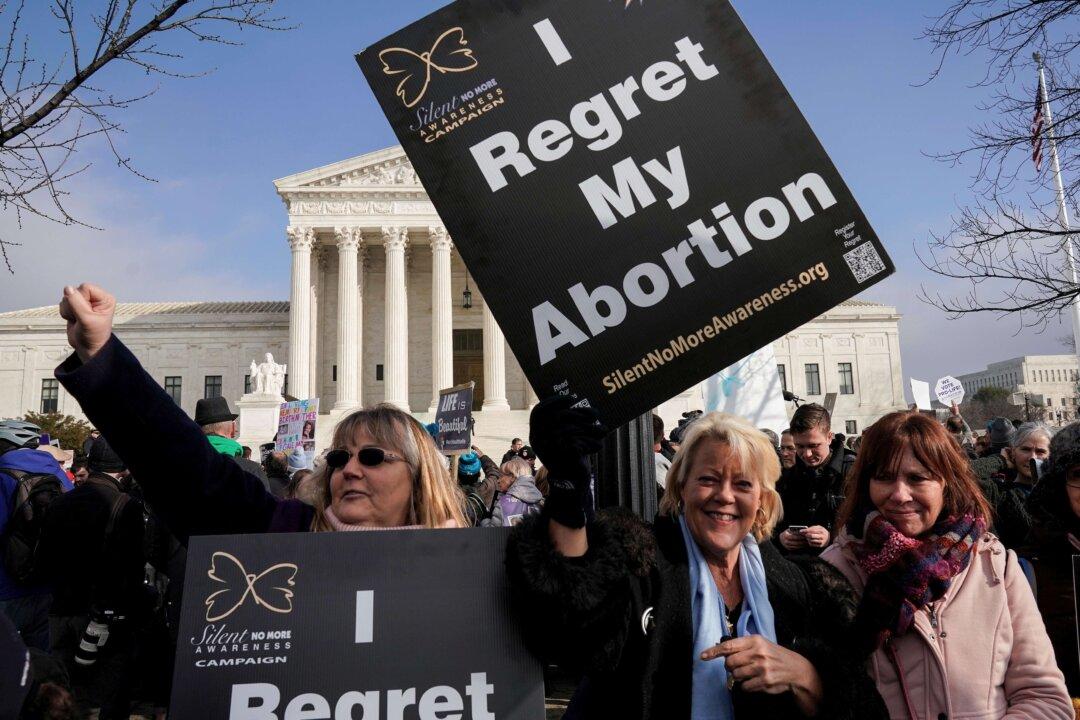Georgia Gov. Brian Kemp signed a bill on May 7 outlawing abortions once a doctor can detect a heartbeat in the unborn child.
Kemp, a Republican, became the fourth governor in the country to sign such a bill in the past year, joining the governors of Kentucky, Mississippi, and Ohio. Iowa enacted a similar bill last year. Republicans in 10 other states have introduced similar bills.





